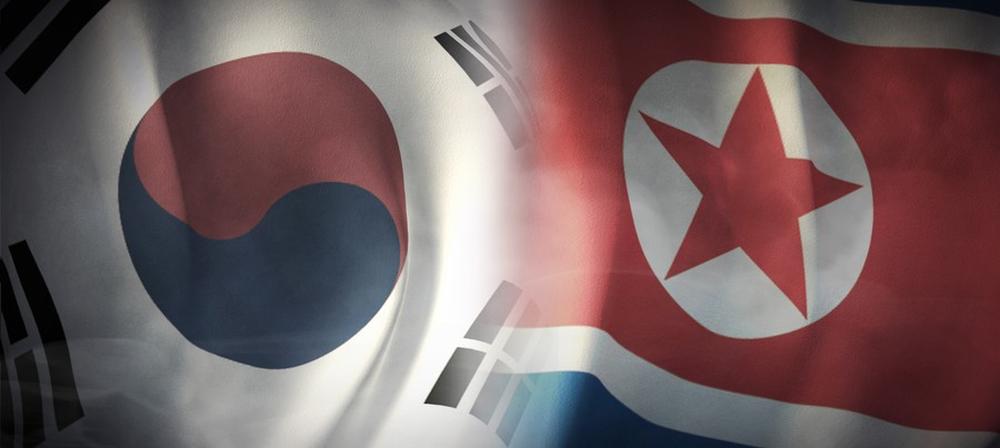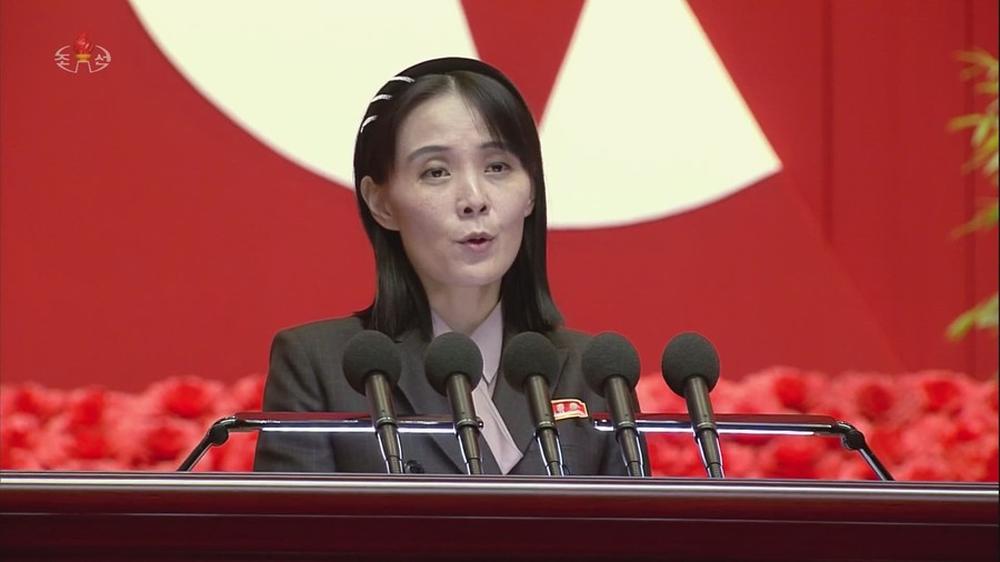- #Yoon Administration
- #North Korea
►In his National Liberation Day speech on August 15, President Yoon Suk Yeol outlined his administration’s North Korea policy. The announcement has positively assessed the Yoon administration's policy and South Korea's North Korea policy to be more aligned than ever with the international community's view of North Korea. However, there are still some lingering questions from Korean and foreign experts that require further explanation.
In his National Liberation Day speech on August 15, President Yoon Suk Yeol outlined his administration’s North Korea policy. The foreign experts that I have spoken with since the announcement have positively assessed the Yoon administration's policy and expressed that they expect South Korea's North Korea policy will be more aligned than ever with the international community's view of North Korea. However, there are still some lingering questions from Korean and foreign experts that require further explanation.
First, there are some misunderstandings that the Korean government's audacious initiative is providing an 'audacious incentive' to entice North Korea to reengage in negotiations. The experts questioned whether the economic incentives proposed by the Korean government can really bring North Korea back to the negotiating table. Moreover, they argued that to use the word 'audacious,' Korea must drastically reduce or remove the sanctions placed on North Korea by the international community. The logic behind this is that sanctions relief could lead to economic development and social change in North Korea. However, the issue with that reasoning is that it assumes that North Korea would choose an opening-up policy similar to China or Vietnam if sanctions were removed. However, as evidenced by North Korea's economic policy before sanctions were imposed by the UN and the international community in 2016 and 2017, the North Korean regime does not want an opening up of the economy that could bring about social change. This is because social change, something that North Korea fears, is the greatest threat to the regime. Therefore, it is unlikely that North Korea will adopt an economic policy that it did not adopt even when there were no sanctions.
Another question is how Korea can provide the security assurances that North Korea desires. The problem with this question is that it follows the North’s logic that its nuclear armament is a result of the threat from Korea and the United States to North Korea's security. The North Korean regime argues that it is protecting its citizens from external threats as a way to legitimize its one-man dictatorship. However, this threat is a non-existent one manufactured by the North Korean regime. This is because both Korea and the United States have never threatened, nor have any reason to threaten North Korea. As President Yoon said in a press conference, South Korea cannot guarantee the safety of the North Korean regime but can only confirm that it has no reason to alter the status quo by force. This means that because the threat is manufactured by North Korea, there is nothing South Korea can do to remove it.
In conclusion, until North Korea decides to seriously engage in denuclearization talks, South Korea must continue to strengthen its military readiness through the Korea-U.S. alliance, maintain sanctions through cooperation with the international community, and continue regular efforts to engage in dialogue such as through the provision of humanitarian aid. The fundamental question is not what South Korea can offer, but whether North Korea can make an audacious decision for the lives of the North Korean people. Until that day, Korea must remain 'audacious' so as not to be swayed by North Korea's short-term tactics. We have already seen how detrimental the pursuit of short-term goals can be to achieving long-term ones.

